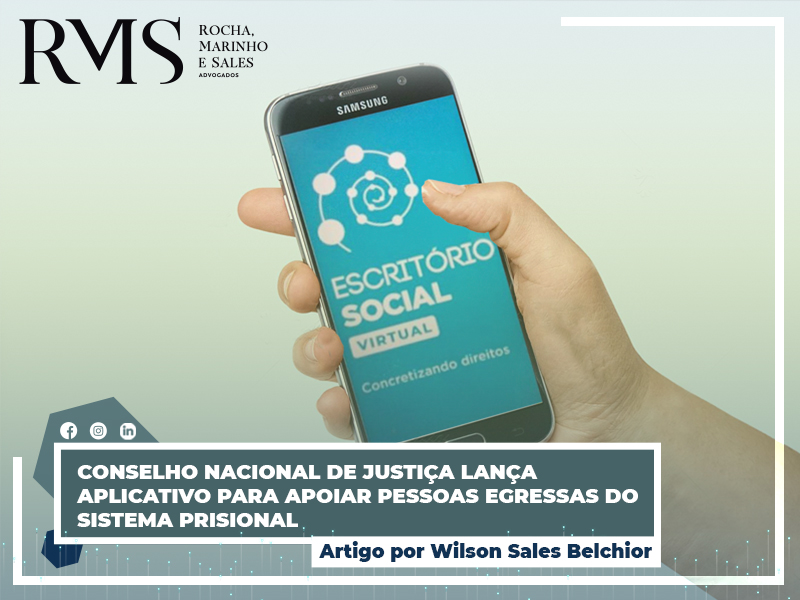Technologies in real estate law – blockchain and public records
12/02/2021

In Brazil, the significant amount of legal data available in public access creates fertile ground for the emergence of innovations.
The first thematic axis of publications related to Artificial Intelligence (AI) and its impacts in different social sectors ends, from the perspective of the connection between law and technology. Reflections and provocations were shared regarding the developments of these innovations in the Judiciary, economic sectors, more appropriate solution of conflicts, diversification of players in the legal services, together with the national and international regulatory discussion on conduct parameters aimed at the parties involved with the development and application of AI systems.
The data economy witnesses the consolidation of this new asset with economic value, driven by the growth in the volume of data and the possibility of massive collection from varied and unstructured sources. Thus, the importance of a definition is emphasized, for normative and regulatory purposes, that focuses on the set of rules and instructions provided to those systems in programming language (algorithms) and on the set of information used in the design, training and availability of subsequent products and services (data).
In Brazil, the significant amount of legal data available in public access creates fertile ground for the emergence of innovations. On the one hand, there is a multiplication of applications that intend, as the case may be, to perform digitalization of services.
Blockchain technology emerged in the scope of cryptocurrencies as a network for registering transactions, mainly with bitcoins, drawing the attention of several sectors for the security it provides to transactions, reducing the risks of counterfeiting. This is possible because the technology works in the form of a chain of blocks, each with its fingerprint (“hash”), provided by a mathematical function that carries a code with letters and numbers, which grows with each transaction, recording all trades. that involved that block. Thus, it is possible to check if there has been any change so that it can be invalidated, or to confirm that the code is really valid.
Following the definition of the specialized literature, the expression can be synthesized as a secure business network, in which assets are transferred through a common record book, which is continuously synchronized and of which all participants have a copy.
Private solutions in the area of public records announce applications structured in this technology involving functionalities, such as, for example, the possibility of signing with smart cards; validation and registration; verification of the authenticity of public securities, the ownership of real estate and respective purchasing chains; use of smart contracts; transfer of securities; authentication of the validity and integrity of documents.
In China, the local press reported the opening in April 2019 of the first blockchain-enabled registry in Beijing. In that space, the holder of a certificate is allowed to check the content of the document by scanning a code, in addition to other functions that aim to prevent the falsification of documents and the use of information asymmetries by fraudsters.
Another pertinent case is that of the Democratic Republic of Georgia. In that country, the implementation of blockchain-based property title registration began in 2016, accounting for more than 100,000 registered titles by 2019. The procedure begins with the citizen’s request for the service, then the notary official performs the registry supported by the blockchain solution, the system provides citizens with a digital certificate of their asset, supported with cryptographic proof of originality, published on the public blockchain network, making it possible for citizens to verify the legitimacy of any title.
In terms of efficiency, the European Commission’s report “Blockchain for digital government”, published in 2019, explains that the Georgia National Public Registry Agency was able to use this technology to reduce the registration time of a property to minutes, which previously took 1 to 3 days; verification of this type of public document started to be done in seconds; and operating costs were reduced by 90%.
In Brazil, there are bills in progress dealing with this issue. The Chamber of Deputies proposes, among other aspects, the regulation of the use of blockchain for public contracts, registration of assets and accountability (PL 4797/2019 and 3443/2019). In the Federal Senate, PL 2876/2020 aims to amend the Public Registry Law (Law No. 6015/1973) to establish that the registration of titles and documents and properties are also made in “Electronic System of National Blockchain”, which , according to the draft law, would be made available by the National Council of Justice.
The objectives of these innovations are therefore intended to reduce or eliminate the need for physical travel to the registry office through the provision of services in a virtual environment; ensure records security through blockchain, integration and interoperability with other systems and tools; guarantee the privacy of the data involved in these transactions; and compliance with applicable law.
This scenario therefore represents a call to stakeholders, potentially affected parties and civil society to discuss the application of technology that can provide significant gains in efficiency for public records, promote red tape and improve the business environment in the country.
By: Wilson Sales Belchior




